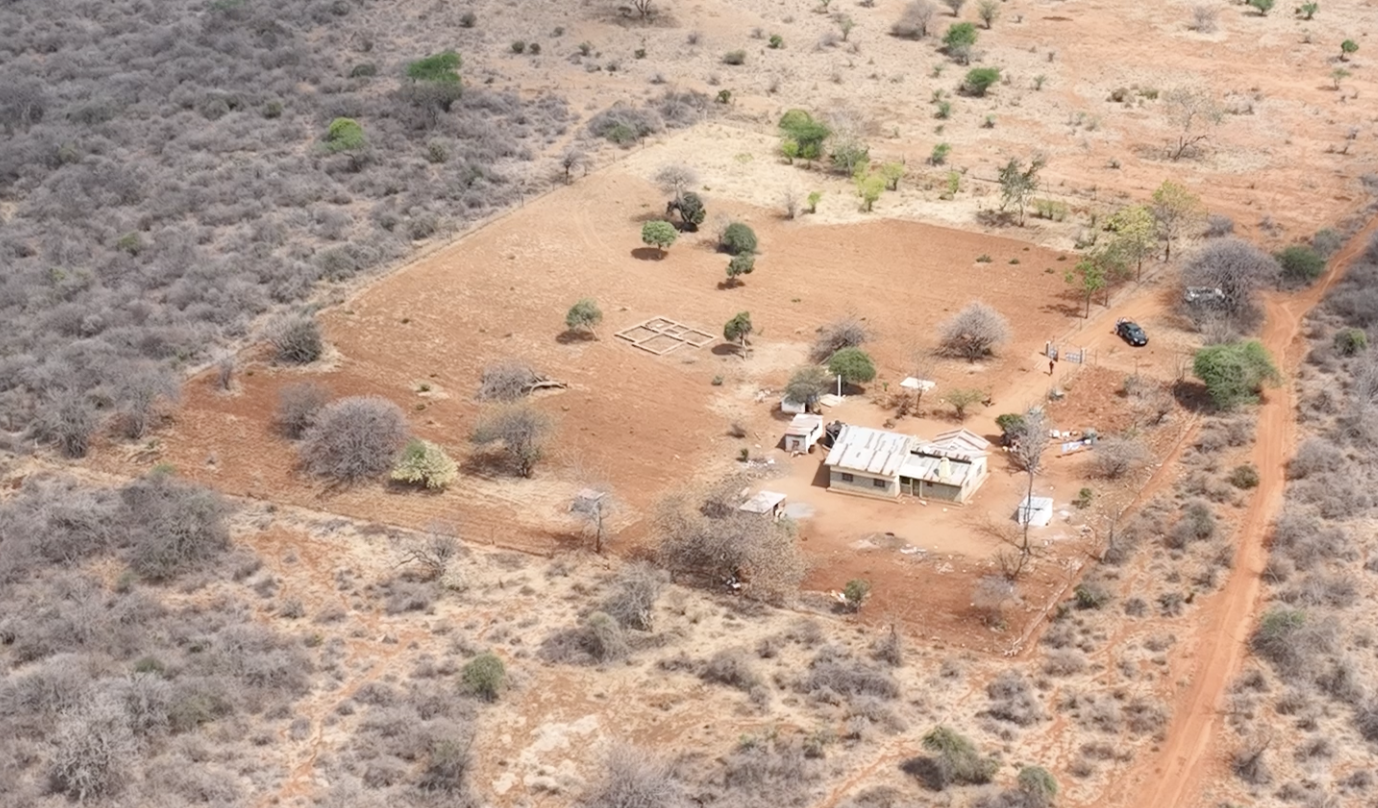
COVID-19 exacerbates challenges in Africa’s education system: AU

The African Union (AU) Commission on Sunday said that the advent of the COVID-19 pandemic has exacerbated challenges in Africa’s education system.
“The advent of the COVID-19 pandemic has exacerbated challenges in Africa’s education system and reinforces the need for fit, context innovative and scalable solutions in education,” the 55-member pan African bloc said in a statement issued on Sunday.
Noting the adverse impacts of the COVID-19 pandemic on Africa’s education system, the AU commission also stressed that “there is the need to promote innovation in the entire education and skills development ecosystems, taking advantage of the digital revolution, in order to increase its impact and also ensure that disadvantaged groups are not left out.”
AU also launched an initiative that envisaged promoting homegrown sustainable education innovations across Africa that are capable of mitigating the impacts of COVID-19 in the education sector.
As part of the newly launched initiative, the AU Commission also called for promising homegrown sustainable education innovations to be supported with up to 100,000 U.S. dollars in funding and technical assistance towards being scaled.
According to the AU, the innovation should “either be in the phase of piloting or implementation in Africa with some demonstrated success with a focus on one or more aspects of the education delivery system including data and analytics, teaching and learning management software, teaching and learning materials, connectivity of schools, assessment, education hardware and infrastructure, and school administration.”
The innovation should also enable access to education and improved quality of delivery for those who are unable to access existing services; demonstrate a scalable, sustainable business and financing model, as well as provide services to consumers at lower prices than existing alternatives, it was noted.






